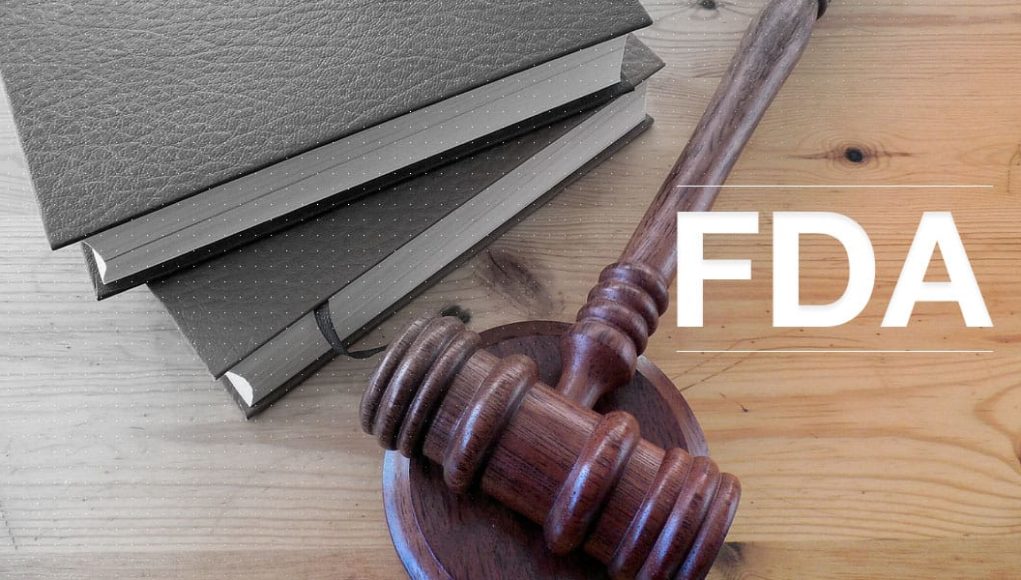At the end of the same month, the agency issued marketing denial orders (MDOs) for applications related to flavoured vaping products (55,000 from one company and 800 from another), saying that these failed to provide “product-specific scientific evidence to demonstrate enough of a benefit to adult smokers that would overcome the risk posed to youth.”
The FDA missed its own deadline
Then in early September, the agency issued a MDOs for MVO’s products, who like all other vape companies in the US, had until September 2020 to file their PMTAs. The FDA, in turn, had until September 2021 to review the PMTAs, a deadline which ironically it failed to meet.
MVO initially filed a petition for review in the Ninth Circuit Court of Appeals at the end of September, and several other vaping companies have followed suit. Most have argued, that the FDA’s denials were “arbitrary and capricious.” Moreover they rightly added, while they had to scramble to meet the court-imposed deadline, the agency missed theirs, while still failing to take into account vital submitted information.
Many small vape companies are now on the brink of bankruptcy
Meanwhile, like many other smaller companies, MVO sits on the brink of financial collapse. “This financial harm is unrecoverable, as FDA, as a federal government agency, enjoys sovereign immunity,” said MVO’s lawyers.
“In preparing and submitting its PMTA, MVO understandably relied on FDA’s many representations, including FDA’s statements that long-term studies would not be required for a successful PMTA,” the petition reads. “Nevertheless, FDA based the MDO on MVO’s purported failure to include long-term comparative efficacy data for its flavored ENDS products versus tobacco-flavored ENDS products in the form of a randomized controlled trial or longitudinal cohort study. In so doing, FDA ignored four randomized controlled abuse liability studies included in MVO’s application and summarily rejected without consideration other observational studies MVO included.”
The FDA was unprepared for the high amount of submissions
A recent blog on Competitive Enterprise Institute’s website highlighted that the amount of applications received by the agency was way over the 25 applications a year the FDA initially expected. “Perhaps that explains why the FDA now seems intent on coming up with excuses to issue sweeping denials and whittle that number down to a size it can handle,” reads the blog.
However, it added, these PMTA rejections came as a shock to say the least, as over the last six years, the FDA has approved new tobacco products from three companies, for which it was happy to accept more general evidence about the product category’s appeal to adults and youth, as well as their general risks to public health. These approvals included eight varieties of Swedish Match North America’s snus, the heated tobacco product, IQOS, made by Philip Morris, and combustible cigarettes with reduced nicotine made by 22nd Century Group.
Read Further: Filter








